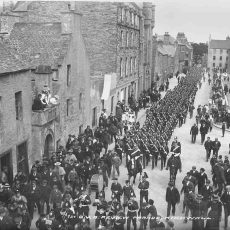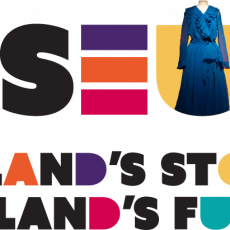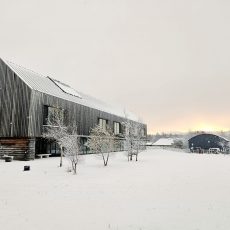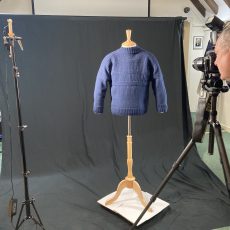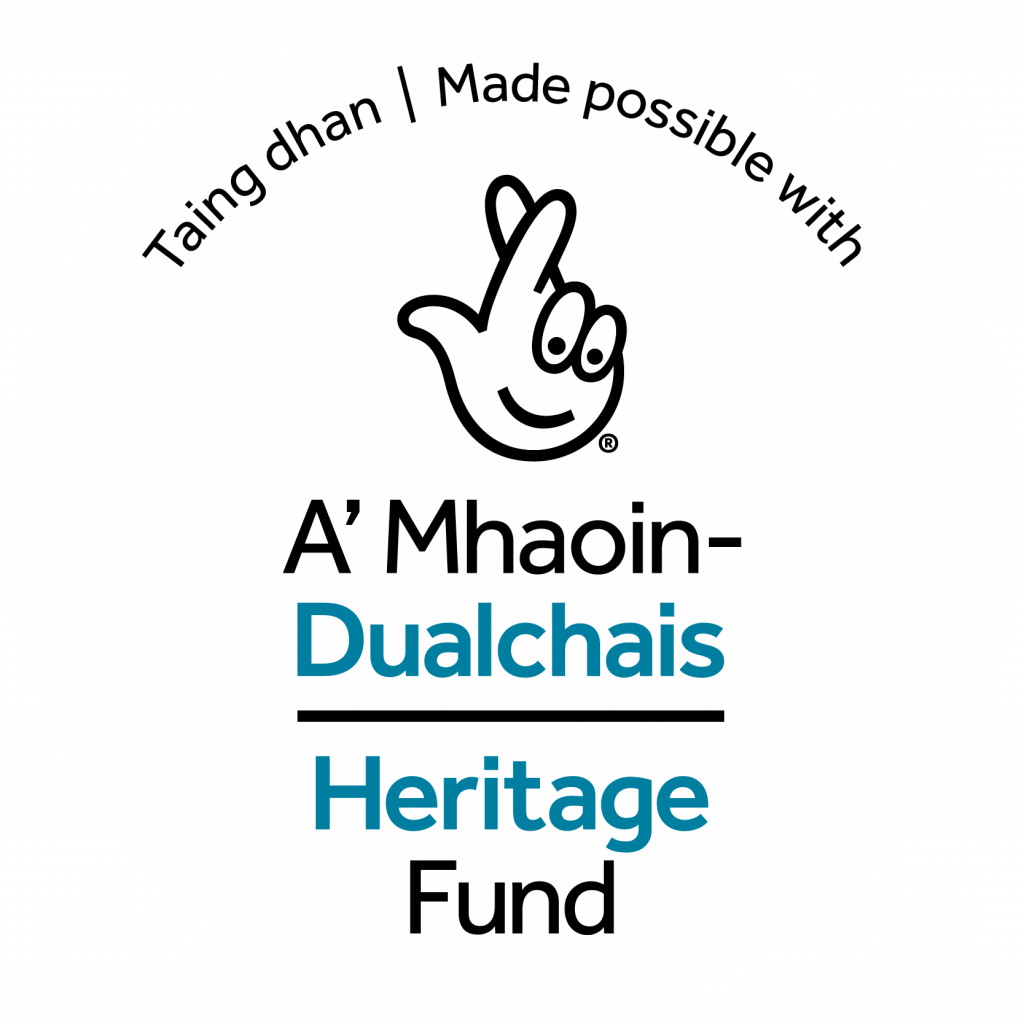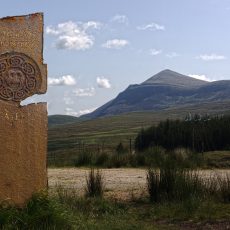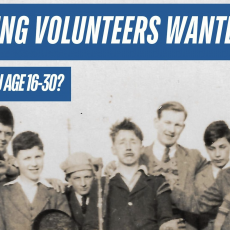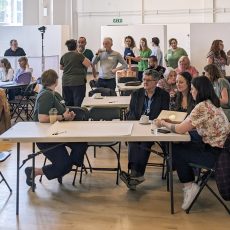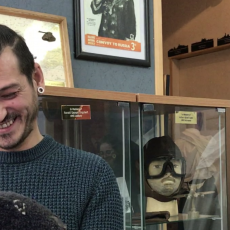Calling audio producers
As part of a National Lottery Heritage Fund digital development programme, The Highland and Islands Digital Heritage Network is looking for a production partner to partner with Scapa Flow Museum to create a series of audio stories that tell the story of life in Orkney – and the history the islands have witnessed – from the First World War to the present day.
The project, entitled Voices from Scapa Flow, will include existing sound archive and new audio stories, which the production partner will research and curate from local communities across the Orkney Islands. The audio stories will be available in-venue at the museum on Hoy and also reversioned to be published online in a podcast format.
The museum is seeking an experienced audio production company or audio producer(s) to collaborate with them on the project, which will launch in September 2026. Production will require a combination of remote and location work in Orkney.
About Scapa Flow Museum
Scapa Flow Museum tells the story of a remote but immense natural harbour off the far north coast of Scotland as the centre of the British naval universe during both world wars. Hundreds of thousands of military personnel passed through Orkney during the world wars – meaning millions of people alive today could have links to the artefacts at Scapa Flow Museum.
An equally important story is one of how this influx of thousands of service people affected the daily lives of the people of Orkney and left a lasting legacy on the archipelago.
Budget
The commission budget is £13,000 including VAT. This is to include any travel and expenses incurred to be on site.
There is a separate budget of £1,225 (including VAT) for community engagement work.
The brief
The full tender document is available to vies here – Scapa_Flow_RFP_2.
Response requirements:
Please include the following in your response to the brief:
- A summary of your understanding of the brief
Your response to the brief and how you would handle key requirements as outlined
Examples and links to any relevant prior work
Details of team members that would work on the project, their planned role and prior relevant experience
Your proposed budget and timeline for the project, in line with the brief above
How you plan to manage the project, particularly with regard to the location and any key processes you intend to use for podcast publication
Details of 2 clients who could provide references or evidence from testimonials of working on similar projects previously.
Contact details for any queries about your proposal
How to respond
To apply, please submit your RFP in accordance with the brief by emailing Ellen.Pesci@orkney.gov.uk with the subject line “RFP: Voices From Scapa Flow” by Wednesday 4 March, 5pm
Any questions?
If you have any queries about the opportunity or the brief, please email Ellen.Pesci@orkney.gov.uk with the subject line “RFP: Voices From Scapa Flow” by Monday 2 March 2026.

